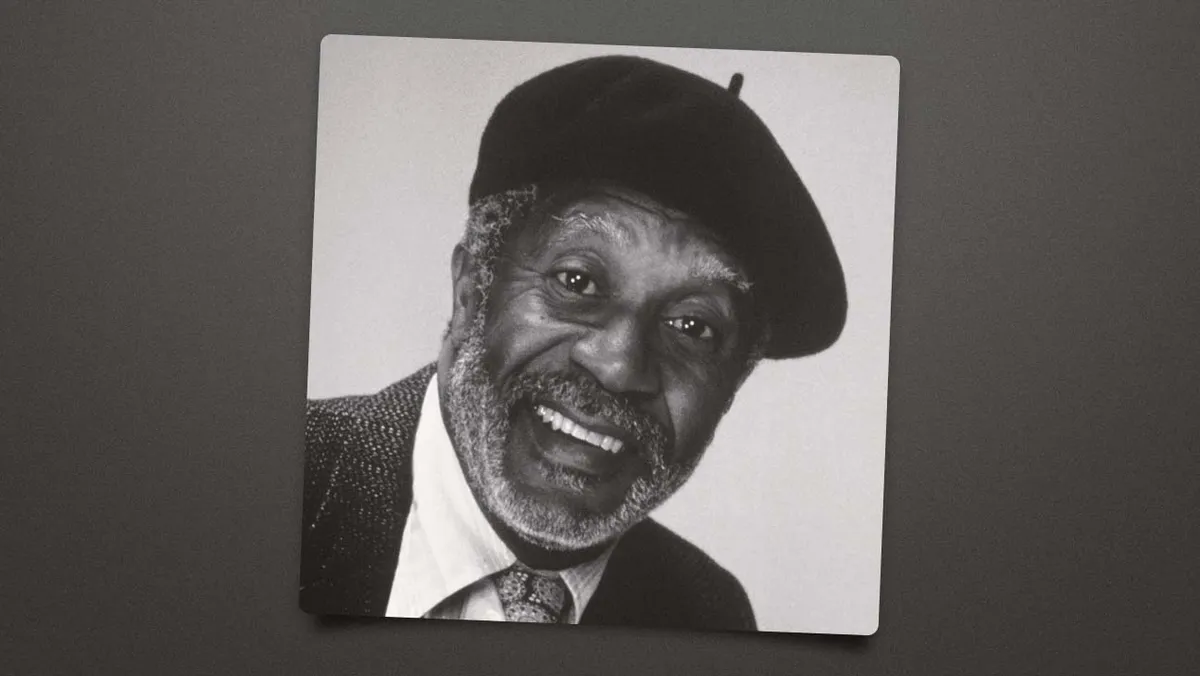
Lee Weaver, the beloved character actor renowned for his captivating roles on The Bill Cosby Show and O Brother, Where Art Thou?, has passed away at the age of 95. His family announced that Weaver died peacefully at his home in Los Angeles on September 22. They shared that he “wove joy, depth, and representation into every role he played and everything he did,” a testament to his impact in the entertainment industry.
Throughout his illustrious career, Weaver displayed remarkable versatility. He is best remembered for his portrayal of Brian Kincaid, the brother of Bill Cosby’s character, Chet Kincaid, on the 1969-71 series The Bill Cosby Show. His performance on this show was pivotal in showcasing his comedic talents. Weaver also made a lasting impression as Buck Naked, an exhibitionist on the acclaimed series Hill Street Blues from 1982 to 1984, and later on NYPD Blue in 1994.
In the 1986-87 NBC comedy Easy Street, Weaver starred alongside Jack Elam as two down-and-out roommates who move into a mansion inherited from a former Las Vegas showgirl, played by Loni Anderson. Although the show was created by WKRP in Cincinnati's Hugh Wilson and was canceled after just one season, Weaver’s performance left a mark on viewers.
One of his most memorable film roles occurred in the Coen brothers' O Brother, Where Art Thou? (2000), where he played a blind man who offered cryptic advice to three escaped convicts, played by George Clooney, John Turturro, and Tim Blake Nelson. Throughout his career, Weaver appeared in several other notable films including Vanishing Point (1971), Heaven Can Wait (1978), The Onion Field (1979), Bulworth (1998), How Stella Got Her Groove Back (1998), Donnie Darko (2001), and The 40-Year-Old Virgin (2005).
Born on April 10, 1930, in Fort Lauderdale, Florida, Lee Wellington Weaver was the son of a chef. After being raised by his Aunt Mattie and Uncle Lee, he left home at 14 to pursue his education in Tallahassee, eventually attending Florida A&M University. At 22, he enlisted in the U.S. Army and served for four years before moving to New York City.
In New York, Weaver worked as a linotype engineer for The New York Times while moonlighting as a promoter at the legendary Birdland jazz club. He had the opportunity to book legendary acts, including Cannonball Adderley, Miles Davis, and Sarah Vaughan. Notably, Cannonball Adderley, a childhood friend and best man at Weaver’s wedding, honored him with a song titled “The Weaver,” featured on the saxophonist’s 1964 album, Nippon Soul.
Weaver’s acting journey began with small roles, including appearances on the 1955-56 syndicated series Sheena: Queen of the Jungle and as a reporter in the film Al Capone (1959). In the late 1960s, he appeared in episodes of the Cosby-starring series I Spy. His comedic timing was showcased when he was featured in a recurring bit on The Tonight Show, where he would be announced as a guest but often missed his appearance due to time constraints.
In the 1970s, Weaver continued to make his mark on television with roles in popular series such as Adam-12, Kojak, Sanford and Son, and Good Times. He also lent his voice to the character Alpine in the animated series G.I. Joe: A Real American Hero during 1985-86 and appeared in numerous films, including Cleopatra Jones (1973) and House Calls (1978).
Lee Weaver’s extensive filmography includes appearances in The Lost Man (1969), Kiss Me Goodbye (1982), The Buddy System (1984), Wildcats (1986), The Two Jakes (1990), The Scout (1994), The Thirteenth Floor (1999), and Max Rose (2013). His guest appearances on popular shows like 227, It’s Always Sunny in Philadelphia, and The Fresh Prince of Bel-Air kept him in the public eye, and he recently played Mel Cordray in two episodes of Grace and Frankie.
Weaver is survived by his wife, actress Ta-Tanisha, and their daughter, Leis La-Te. His rich legacy in the entertainment world will be remembered fondly by fans and colleagues alike, as he leaves behind a brilliant body of work that continues to inspire future generations of actors.